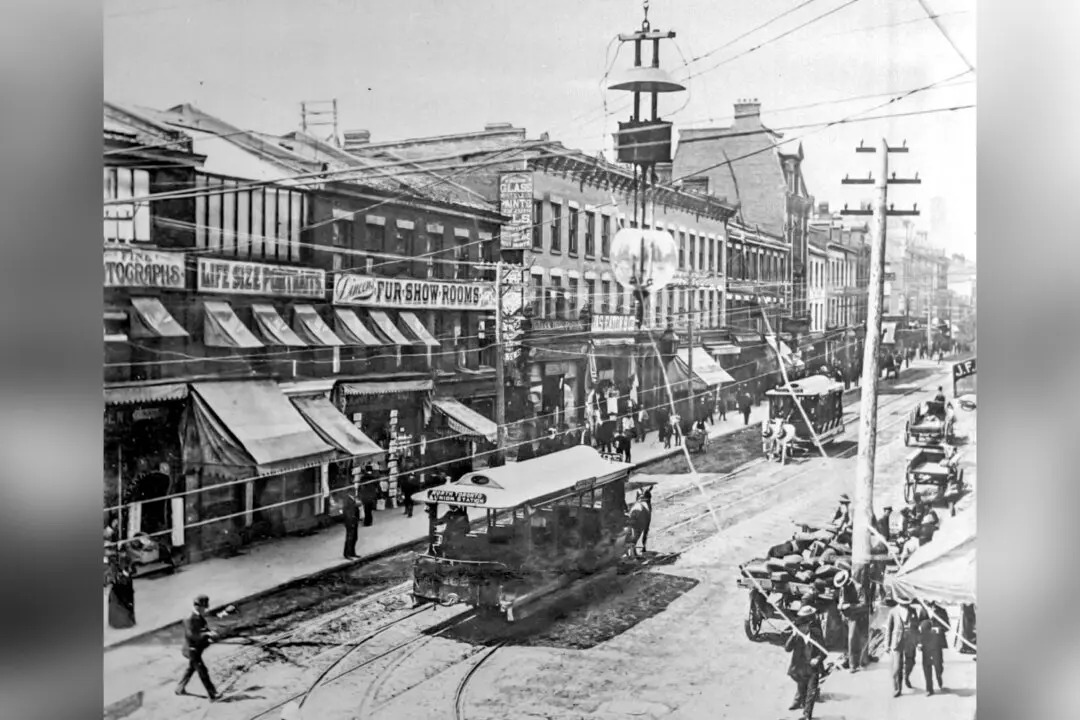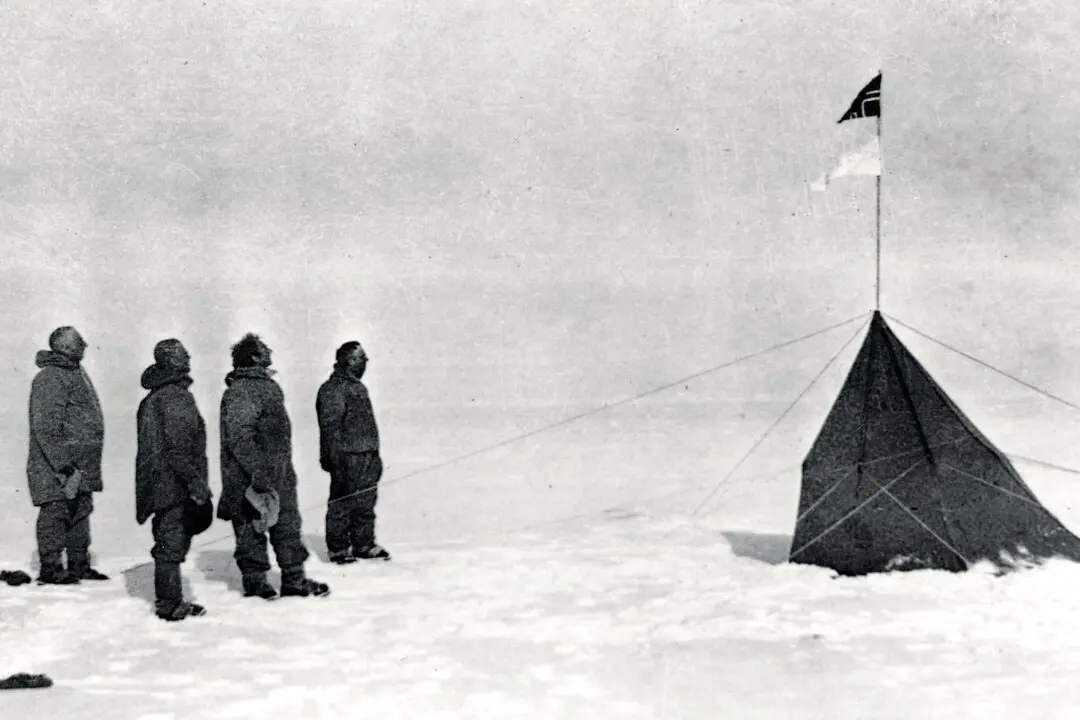Commentary
When King Louis XVI of France was deposed in September 1792 and a French Republic proclaimed, it looked like the Bourbon dynasty was finished. After Louis and his wife Marie Antoinette were executed the next year and their 10-year-old heir (styled Louis XVII by royalists) was abused to death in prison, few anticipated a return to power of the family that had ruled France since 1589.





